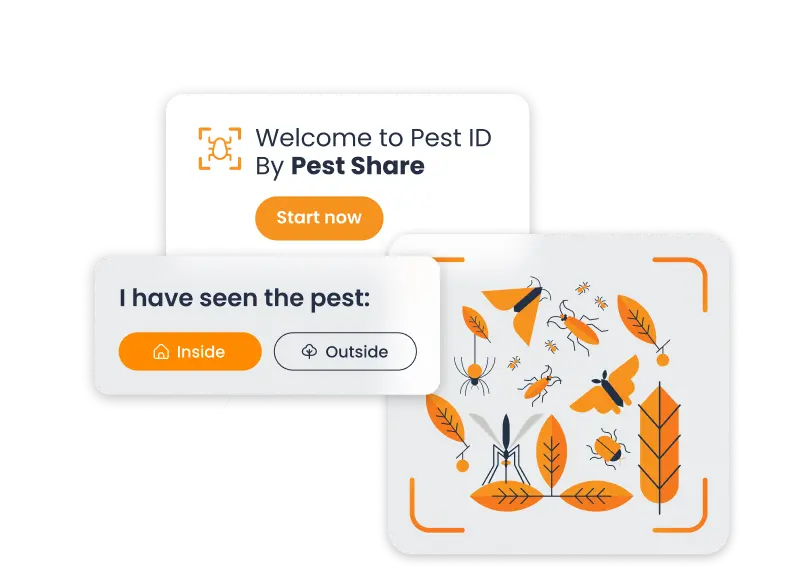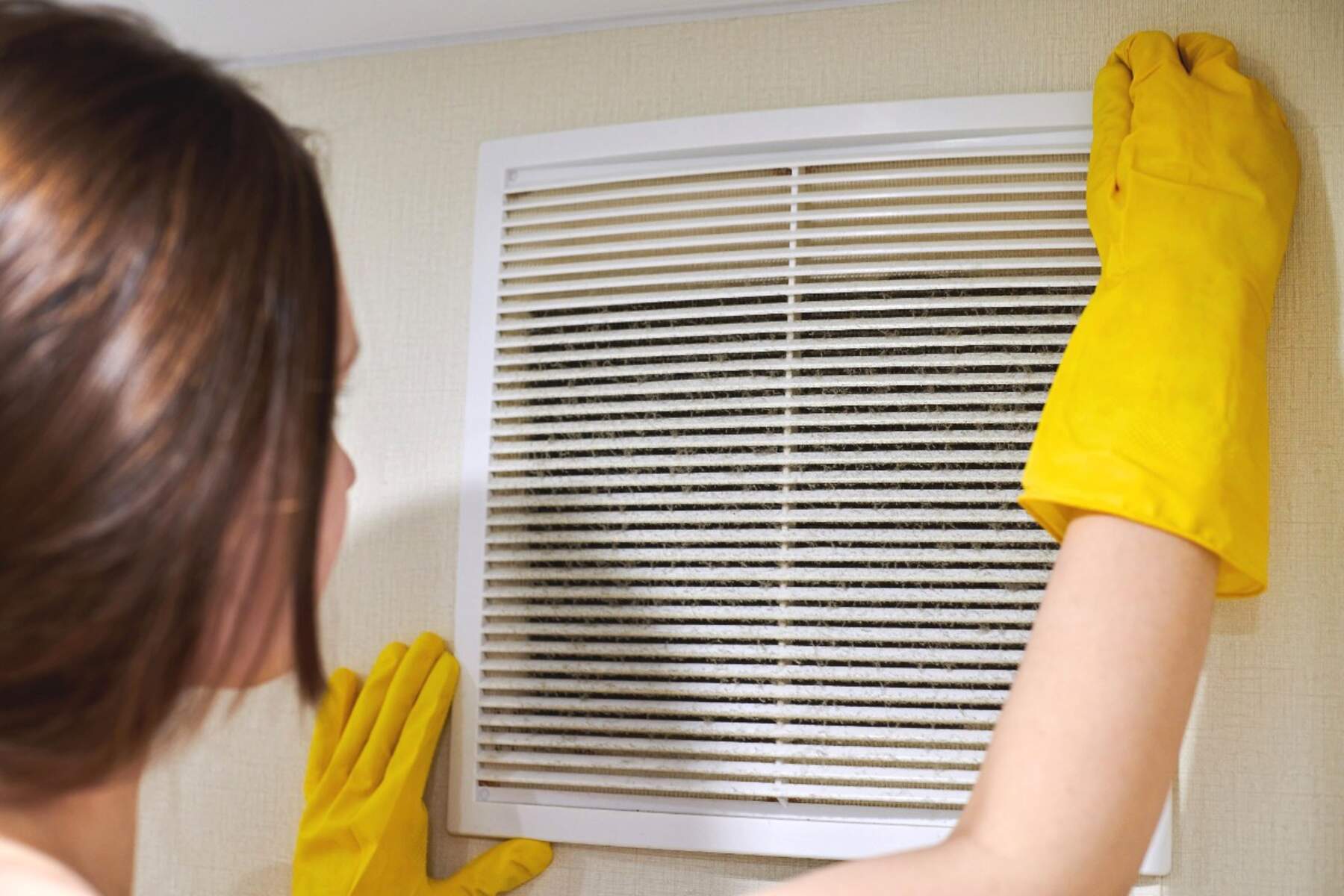When you’re living in a rental, knowing who’s responsible for what can sometimes feel like navigating a maze. One common question that pops up is about cleaning air ducts—who should take care of it, the landlord or the tenant? It’s not just about keeping the place looking neat; it’s about ensuring the air you breathe is clean and healthy. So, let’s dive into figuring out who really should be handling this task.
Who is Responsible for Duct Cleaning: Landlord or Tenant?
Generally, the responsibility for major maintenance and repairs, including air duct cleaning, falls to the landlord. This is because landlords own the property and are required to ensure that their rental units remain livable, safe, and clean. Cleaning air ducts falls under the category of maintaining the overall health of the living environment, which is typically a landlord’s duty.
However, there are exceptions depending on the lease agreement. Sometimes, if a tenant has done something that necessitates additional cleaning or repairs (like smoking inside, which can clog and dirty the ducts more than usual), the tenant might be responsible for handling those specific issues. Additionally, if a tenant has pets that shed fur and dander, which can accumulate in the ducts, the landlord may require the tenant to address this as part of their agreement.
In most standard rental situations, though, keeping the air ducts clean is viewed as part of the property’s upkeep that the landlord should manage. This is especially true in larger buildings or apartment complexes where a single HVAC system serves multiple units.

No More Resident Complaints.
Can I Ask the Landlord to Clean Air Ducts?
Yes, you can—and should—if you notice issues like poor airflow, visible dust blowing from air vents, or if you start having unexplained allergies. It’s important to bring these concerns to your landlord’s attention, as they may not be aware of the problem. When you ask, be specific about why you think the air ducts need cleaning: mention any symptoms you or your household members are experiencing, or any noticeable decrease in air quality.
Here’s a tip on how to approach this: Frame it as a request for help rather than a demand. You could say something like, “I’ve noticed a lot of dust coming from the vents, and it’s been affecting my allergy. Could we check if the air ducts might need cleaning?” Keeping the conversation friendly and cooperative can make a huge difference in how your request is received.
Also, if you have been in the rental for several years and the ducts have never been cleaned, you can mention this as it supports your request by pointing to normal wear and tear that the landlord should manage.
Duct Cleaning Rental
Now, if for some reason the landlord can’t or won’t clean the air ducts and it’s affecting your health or living conditions, you might consider taking matters into your own hands. In this case, you can look into renting a duct cleaning machine. Renting equipment to clean the ducts yourself can be a good solution if you’re dealing with non-responsive landlords, but it’s important to know what you’re doing to avoid damaging the system.
Duct cleaning involves specialised equipment that removes dust, allergens, and other contaminants from heating, ventilation, and air conditioning (HVAC) systems. If you decide to rent equipment, make sure you get a brief tutorial on how to use it safely and effectively. Also, check online for tips or tutorials that can guide you through the process. Keep in mind, though, that while this can solve immediate issues, the responsibility technically should not fall on you if your lease does not require you to maintain or clean the HVAC system.
In many cases, tenants might find this task daunting or beyond their technical skills, which is perfectly normal. It’s not your typical DIY project, and mishandling can lead to further complications with the system, potentially leading to bigger issues or conflicts with your landlord.
Apartment Duct Cleaning
When it comes to apartment living, duct cleaning can become a bit more complex. This is because you’re often dealing with a shared HVAC system that impacts not just your unit but potentially others as well. Therefore, individual actions might not be enough if the entire system needs attention.
If you notice signs that your apartment might need duct cleaning—like dust buildup around the vent areas, unusual odours when the heat or AC is running, or an increase in allergy symptoms—it’s a good idea to discuss this with your landlord. For apartment settings, landlords are typically responsible for the maintenance of any shared systems, which includes the HVAC system. This is part of their obligation to provide a safe and healthy environment for all tenants.
In apartment complexes, proactive maintenance is crucial because the air quality in one unit can affect many. Regular inspections and cleaning of the air ducts can prevent a multitude of problems down the road, from mold issues to poor air quality affecting residents’ health. It’s beneficial for tenants to bring up these concerns, not just for their own health but for the overall maintenance of the building.
Understanding Your Lease Agreement
To fully understand who’s responsible for cleaning the air ducts in your rental, you’ll need to check your lease agreement. This document should outline who is responsible for what in terms of maintenance. Look for sections that talk about the landlord’s responsibilities to maintain the premises and any clauses that might require the tenant to take care of certain aspects of maintenance.
If your lease doesn’t make it clear, or if it seems to unfairly put too much responsibility on you as the tenant, it might be a good time to discuss this with your landlord or a legal advisor. Understanding your lease fully can also prepare you for discussions with your landlord about who should handle and pay for duct cleaning. If the lease specifies that the landlord handles all major maintenance but is ambiguous about duct cleaning, consider discussing how this falls under general property upkeep.
Remember, a well-maintained HVAC system benefits everyone by improving air quality and reducing energy costs by running more efficiently. It’s in the interest of both tenants and landlords to keep these systems in good working order.
Health Implications of Unclean Air Ducts
Living with unclean air ducts is not just a minor inconvenience—it can have serious health implications. Dirty ducts can circulate dust, pollen, pet dander, and other allergens throughout your home, potentially leading to respiratory problems, allergic reactions, and other health issues. In more severe cases, mold and mildew can grow in poorly maintained ducts, exacerbating or even causing health problems for those living in the space.
Given the potential health risks, it’s important for both tenants and landlords to take duct cleaning seriously. If you’re experiencing health issues and suspect that dirty ducts may be a contributing factor, it’s especially important to raise this with your landlord. Providing information on the health risks associated with unclean ducts can also help underscore the importance of regular maintenance.
How to Negotiate Maintenance Responsibilities
Navigating the negotiation of maintenance responsibilities, especially for something like duct cleaning, doesn’t have to be tense or confrontational. If your lease is unclear or you feel the duct cleaning has been neglected, it’s important to approach your landlord in a constructive way. Start by requesting a meeting or sending a polite email expressing your concerns about the air quality in your apartment and suggesting a discussion about possible solutions.
When you have this discussion, come prepared with information about the benefits of clean air ducts, possibly even quotes from duct cleaning services to show the cost and details of what the cleaning involves. This shows you are informed and serious about the issue. Be open to your landlord’s perspective as well, as they might have valid reasons for their current maintenance schedule or preferences. If you think it’s necessary, offer to share the costs or take on some responsibility, like facilitating the cleaning schedule, if it helps get the job done.
Legal Responsibilities and Rights
Understanding your legal rights when it comes to maintenance issues in rental properties is crucial. Landlords are generally required by law to ensure their properties meet health and safety standards, which includes maintaining HVAC systems and ensuring they do not pose health hazards. If discussions with your landlord about duct cleaning are unproductive, it may be useful to remind them of these obligations.
If you’re unsure about your rights, you might consider seeking advice from a tenant’s union or legal advisor who can provide guidance based on your local laws. Sometimes, just mentioning that you are aware of your legal rights can encourage a landlord to take action. Remember, the law is there to ensure both parties—the tenant and the landlord—can have a fair and healthy living arrangement.
Conclusion
So, whether you’re just moving in or you’ve been in your place for a while, remember that clean air ducts are key to a healthy apartment environment. Don’t hesitate to raise the topic with your landlord if you suspect the ducts need a clean-up, especially if you’re experiencing health issues that might be related to air quality. Most landlords will appreciate your concern for the property and your health, and often, they’ll be willing to help sort out the issue.
If you’re still feeling unsure about how to proceed, or if the conversation with your landlord doesn’t lead to a resolution, don’t be afraid to reach out for more help or information. Taking action not only improves your living conditions but also ensures that the property is well-maintained for everyone. Let’s breathe easy knowing our homes are as healthy as they can be!





